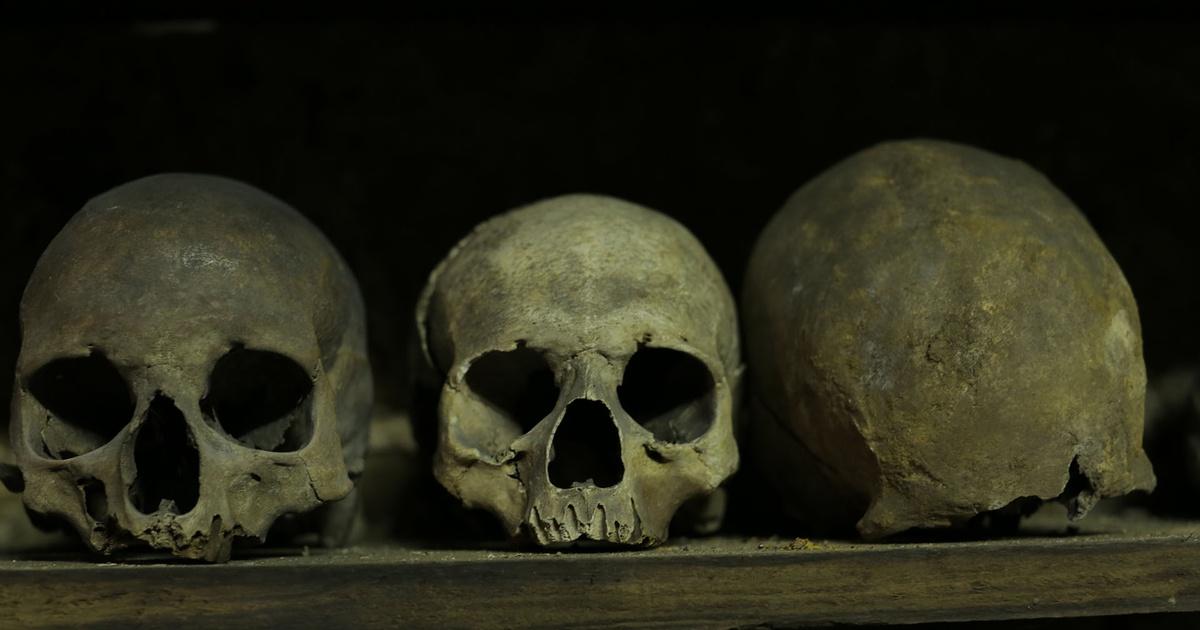G U T: The six degrees of Francis Bacon?
This book proposing Edward de Vere seems to draw on earlier Baconian works.
"Shakespeare" Identified in Edward de Vere, the Seventeenth Earl of Oxford (New York: stokes, 1920), link
by J. Thomas Looney
Some more links from the bibliography mentioned above.
Between the appearance of Delia Bacon's magazine article and her book an English fellow published a letter proposing Francis Bacon as the author of Bacon's plays. He claimed to have heard nothing of Delia Bacon.
Was Lord Bacon the Author of Shakespeare's Plays?: A Letter to Lord Ellesmere (London: William Skeffington, 1856), link
by William Henry Smith
The Athenaeum, September 13, 1856, Pages 1133-1134
Review
Was Lord Bacon the Author of Shakespeare's Plays?
Notes and Queries, October 6, 1856, Page 267
Was Lord Shakespeare the Author of the Plays Attributed to Shakespeare?
CL Hopper
October 18, 1856, Page 320
Notes on Books
November 8, 1856, Page 369
Was Lord Shakespeare the Author of the Plays Attributed to Shakespeare?
Vox
Dec 27, 1856, Pages 503-504
Bacon And Shakespeare
W.H.S. [Smith]
Pages 504-505
Was Lord Shakespeare the Author of the Plays Attributed to Shakespeare?
R. Slocombe
Smith's pamphlet as published in a magazine.
Littell's Living Age, Volume 51, November 22, 1856, Pages 481-485
Was Lord Bacon the Author of Shakespeare's Plays?: A Letter to Lord Ellesmere
by William Henry Smith
Littell's Living Age, Volume 51, November 22, 1856, Pages 481-485
Was Lord Bacon the Author of Shakespeare's Plays?: A Letter to Lord Ellesmere
by William Henry Smith
Blackwood's Edinburgh Magazine, Volume 80, November, 1856, Pages 613-628
The Art of Cavilling
"All is Humbug"
The Athenaeum, January 24, 1857, Page 122
Miscellanea
Bacon and Shakespeare
by William Henry Smith
A book replying to Smith
William Shakespeare Not an Impostor (London: Routledge, 1857), link
by George Henry Townsend
The Athenaeum, February 14, 1857, Page 213
Our Literary Table
William Shakespeare Not an Impostor
The Literary Gazette, February 21, 1857, Page 181
Publications Received
William Shakespeare Not an Impostor
The Athenaeum, April 11, 1857, Pages 461-462
Reviews
The Philosophy of the Plays of Shakespeare Unfolded
[review of Delia Bacon's book]
Longer work by Smith
Bacon and Shakespeare: An Inquiry Touching Players, Playhouses, and Play-Writers in the Days of Elizabeth (London: John Russell Smith, 1857), link
by William Henry Smith, Sir Tobie Matthew, William Chadwick Neligan
The Literary Gazette, May 9, 1857, Pages 437-438
[reviews of Delia Bacon and Smith]
The National Review (London), Volume 5, July, 1857, Pages 72-82
The Alleged Non-Existence of Shakespeare
[review of DB book]
The Athenæum, August 15, 1857, Page 1036, Column 1
Smith, Delia Bacon, Hawthorne
This book proposing Edward de Vere seems to draw on earlier Baconian works.
"Shakespeare" Identified in Edward de Vere, the Seventeenth Earl of Oxford (New York: stokes, 1920), link
by J. Thomas Looney
Some more links from the bibliography mentioned above.
Between the appearance of Delia Bacon's magazine article and her book an English fellow published a letter proposing Francis Bacon as the author of Bacon's plays. He claimed to have heard nothing of Delia Bacon.
Was Lord Bacon the Author of Shakespeare's Plays?: A Letter to Lord Ellesmere (London: William Skeffington, 1856), link
by William Henry Smith
The Athenaeum, September 13, 1856, Pages 1133-1134
Review
Was Lord Bacon the Author of Shakespeare's Plays?
Notes and Queries, October 6, 1856, Page 267
Was Lord Shakespeare the Author of the Plays Attributed to Shakespeare?
CL Hopper
October 18, 1856, Page 320
Notes on Books
November 8, 1856, Page 369
Was Lord Shakespeare the Author of the Plays Attributed to Shakespeare?
Vox
Dec 27, 1856, Pages 503-504
Bacon And Shakespeare
W.H.S. [Smith]
Pages 504-505
Was Lord Shakespeare the Author of the Plays Attributed to Shakespeare?
R. Slocombe
Smith's pamphlet as published in a magazine.
Littell's Living Age, Volume 51, November 22, 1856, Pages 481-485
Was Lord Bacon the Author of Shakespeare's Plays?: A Letter to Lord Ellesmere
by William Henry Smith
Littell's Living Age, Volume 51, November 22, 1856, Pages 481-485
Was Lord Bacon the Author of Shakespeare's Plays?: A Letter to Lord Ellesmere
by William Henry Smith
Blackwood's Edinburgh Magazine, Volume 80, November, 1856, Pages 613-628
The Art of Cavilling
"All is Humbug"
The Athenaeum, January 24, 1857, Page 122
Miscellanea
Bacon and Shakespeare
by William Henry Smith
A book replying to Smith
William Shakespeare Not an Impostor (London: Routledge, 1857), link
by George Henry Townsend
The Athenaeum, February 14, 1857, Page 213
Our Literary Table
William Shakespeare Not an Impostor
The Literary Gazette, February 21, 1857, Page 181
Publications Received
William Shakespeare Not an Impostor
The Athenaeum, April 11, 1857, Pages 461-462
Reviews
The Philosophy of the Plays of Shakespeare Unfolded
[review of Delia Bacon's book]
Longer work by Smith
Bacon and Shakespeare: An Inquiry Touching Players, Playhouses, and Play-Writers in the Days of Elizabeth (London: John Russell Smith, 1857), link
by William Henry Smith, Sir Tobie Matthew, William Chadwick Neligan
The Literary Gazette, May 9, 1857, Pages 437-438
[reviews of Delia Bacon and Smith]
The National Review (London), Volume 5, July, 1857, Pages 72-82
The Alleged Non-Existence of Shakespeare
[review of DB book]
The Athenæum, August 15, 1857, Page 1036, Column 1
Smith, Delia Bacon, Hawthorne


Comment